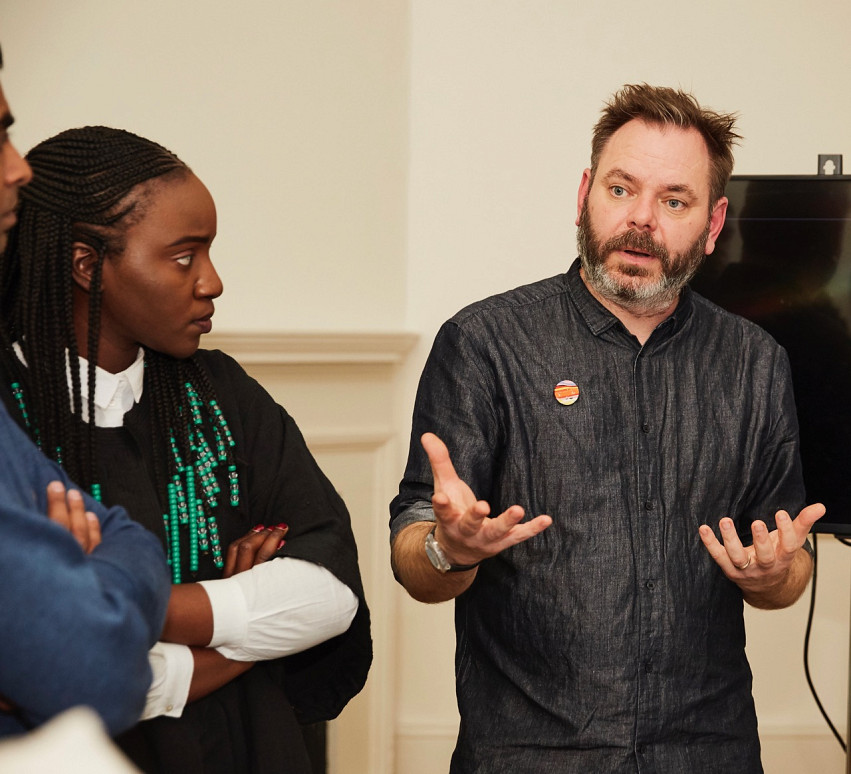Help
Community21 has selected some case study communities and projects to share across the network to inspire and inform others. Should we be featuring yours? If so get in touch.
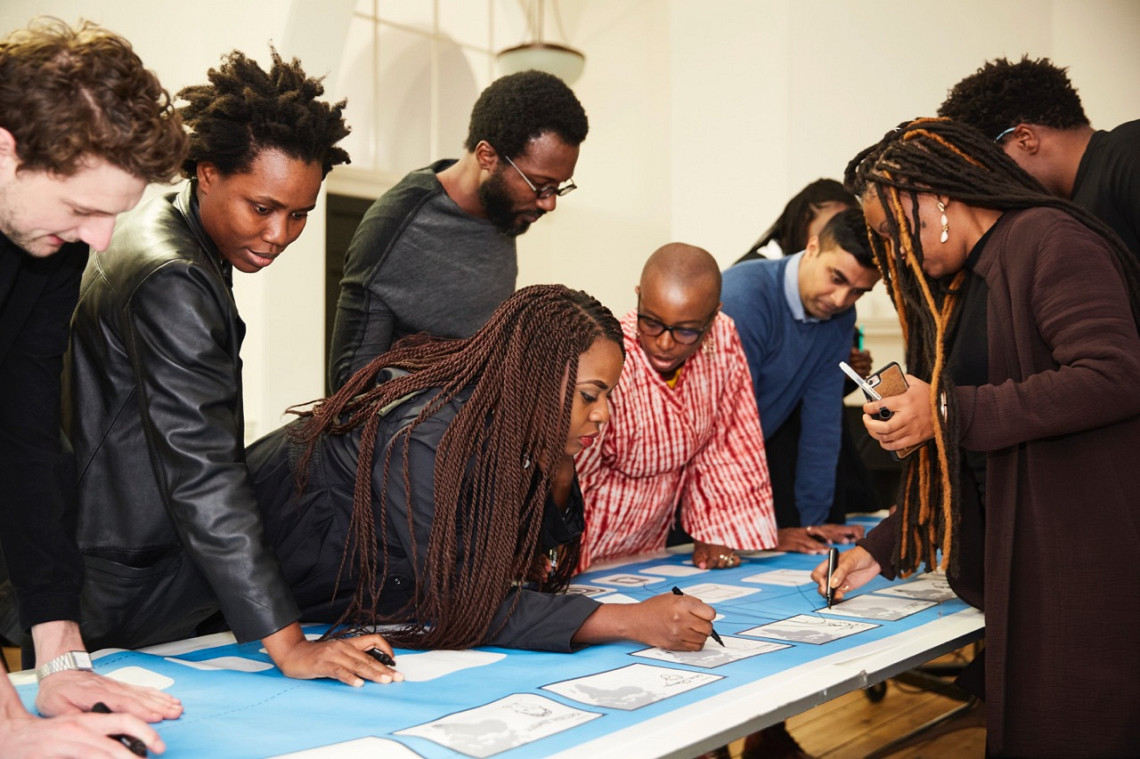
British Council in collaboration with Ellen MacArthur Foundation is exploring the future of making through an international programme focusing on Circular Design. The Circular Design Lab 2019 will see makers, designers and creative entrepreneurs from ten countries in Sub Saharan Africa meet for a week of design workshops and creative exchange in the UK.
The Ellen MacArthur Foundation’s Circular Design Guide will form the guiding framework of the week’s activity, complemented by a series of exploratory workshops led by leaders from the UK design industry.Designed to unlock new circular design opportunities through crosscultural collaboration and international exchange, the lab will then lead to a series of follow-on projects in the Sub-Saharan Africa region.
Nick Gant / Community21 is consulting as a mentor throughout the programme providing support to the creative participants in developing their challenge proposals as well as providing workshops for the Lab-week.
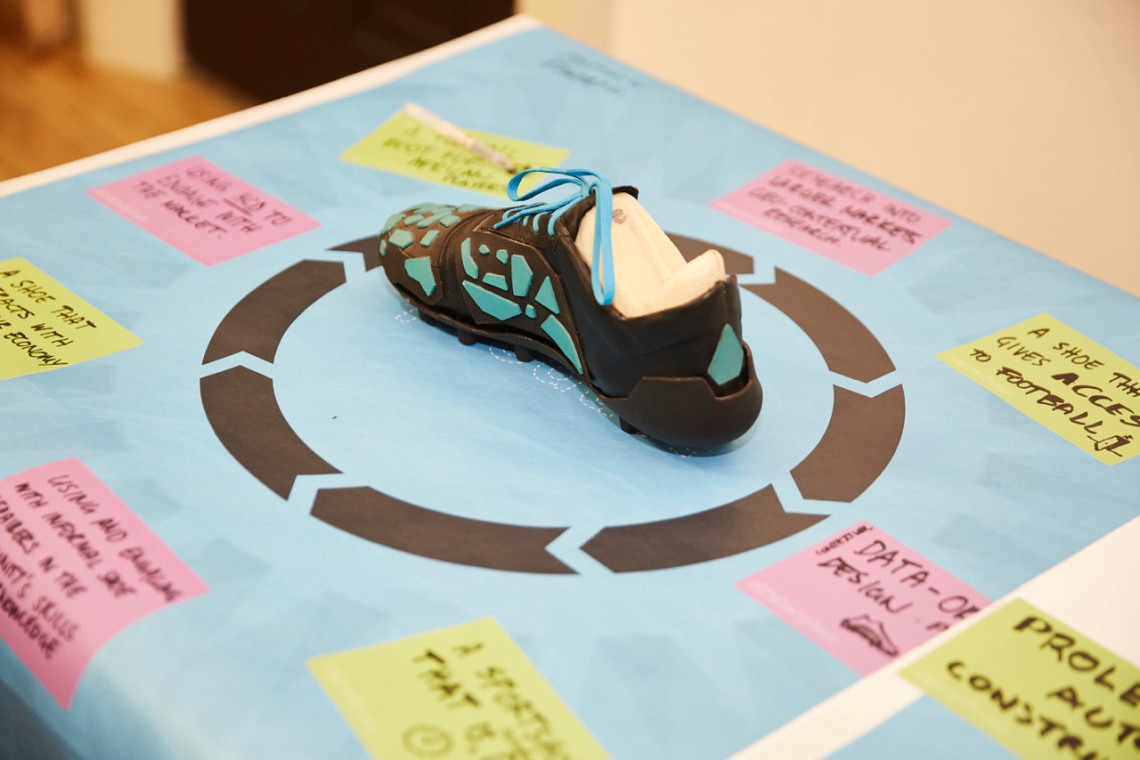
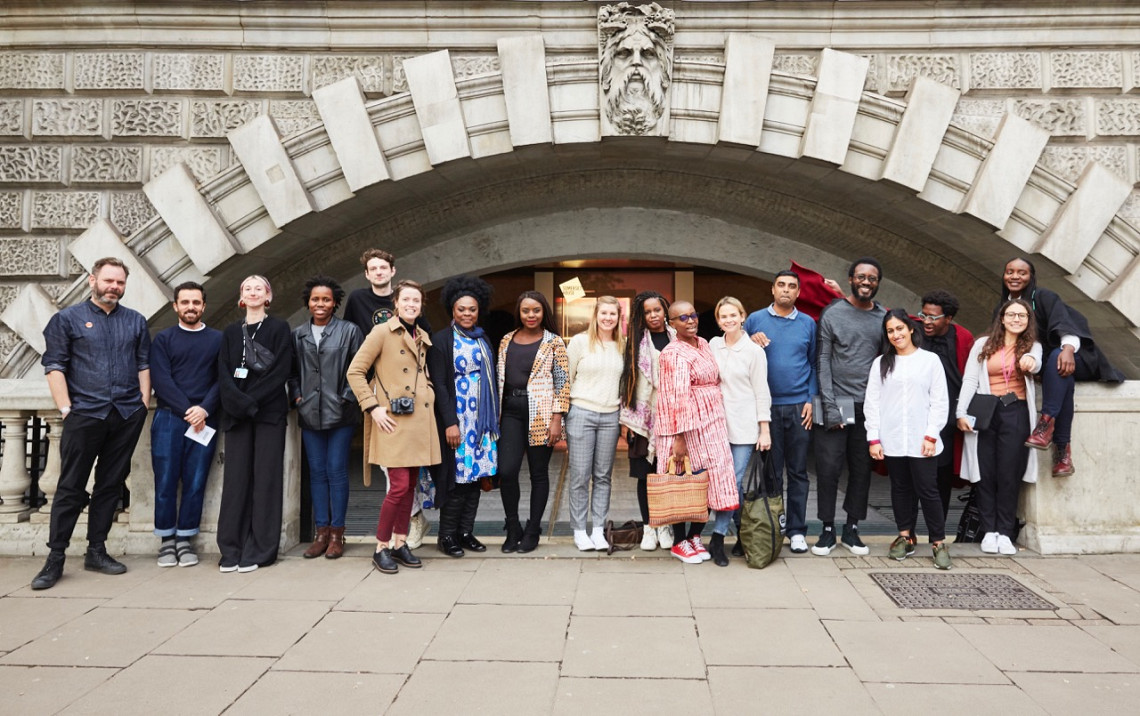
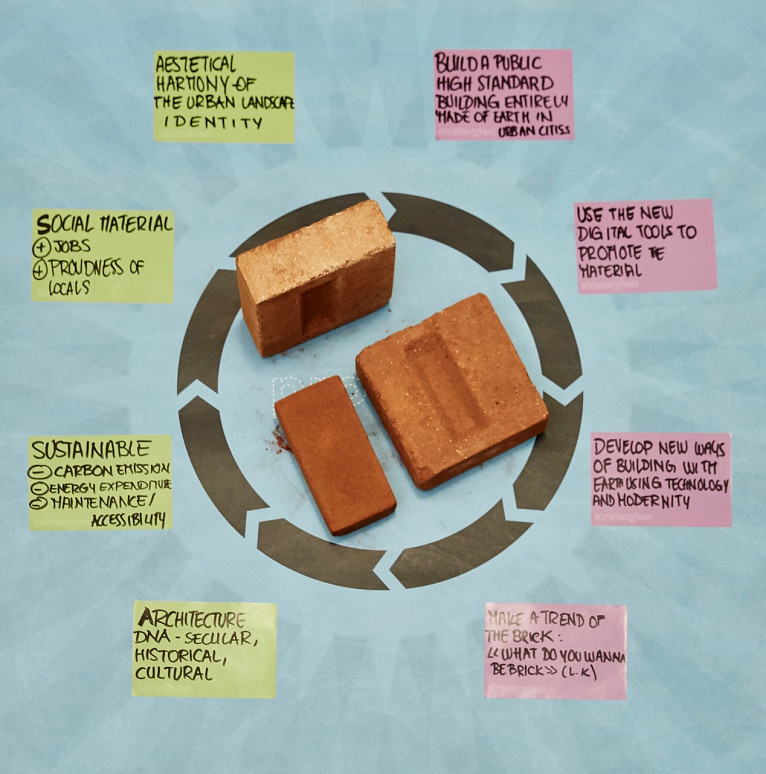
‘Re-making Meaning’
Promoting diverse values, opportunities and cultures within circular-economies.
Interactive Co-learning Lab
The lab workshop focuses on exploring and highlighting opportunities for supporting more diverse and ‘virtuous’ circular-economies and knowledge exchange in different countries.
We propose a process that will identify key strategies for supporting the social and cultural as well as the economic and environmental values around circular systems.
In addition to identifying new areas for enquiry through research with the attendees, we engage in the following research questions (not exhaustive and as a draft for consideration):
• What agency does (re)designing and (re)making with waste have in supporting diverse and relevant circular-economies in different cultures, contexts and countries?
• What role can circular economy systems have in promoting multiple opportunities for social and sustainable development?
• How do we re-work materials technically but also as a process of meaning-making and valorization (creating value through making)?
• What are the material languages being use to communicate new values, futures, to prod, push and even provoke (consumer) culture?
• How do we best foster, capture, share and exploit different material languages and cultures that promote the value and desirability of materials and products within circular systems?
• What can we learn from each other regarding effective design, communication and making strategies that facilitate more circular and sustainable systems of production and consumption?
• How do we best share and support new knowledge within a community of practice and mutual benefit within locally relevant and meaningful circular systems? How do we scale up this knowledge exchange?
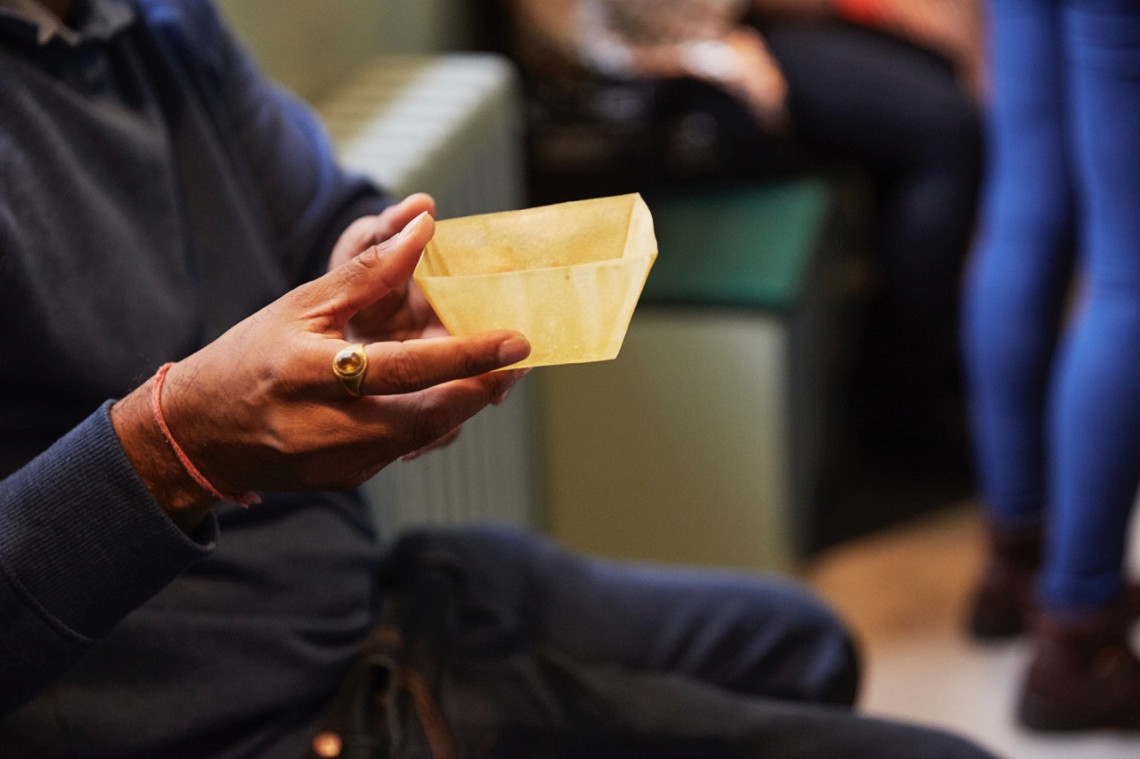
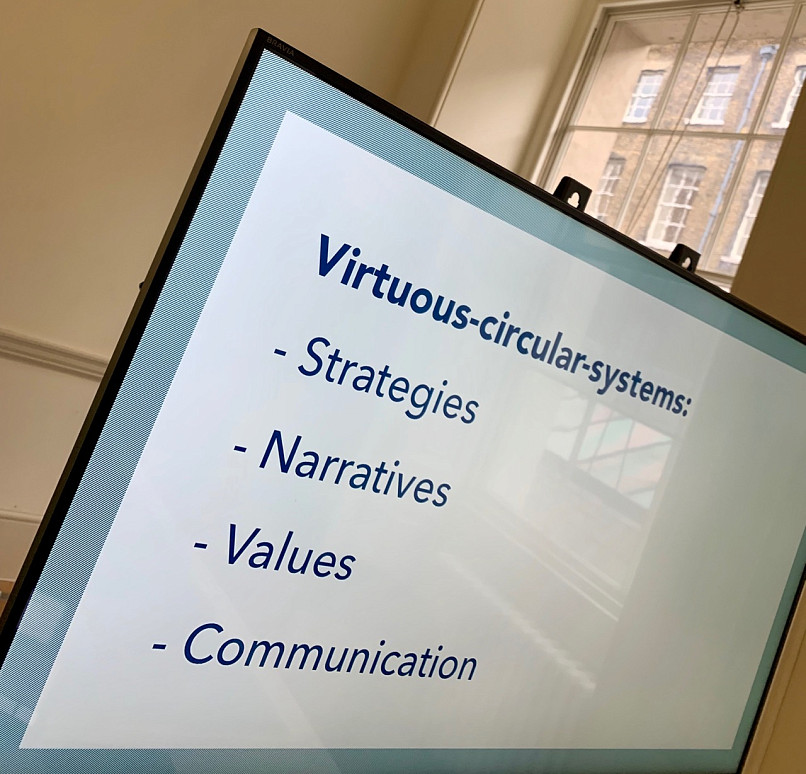
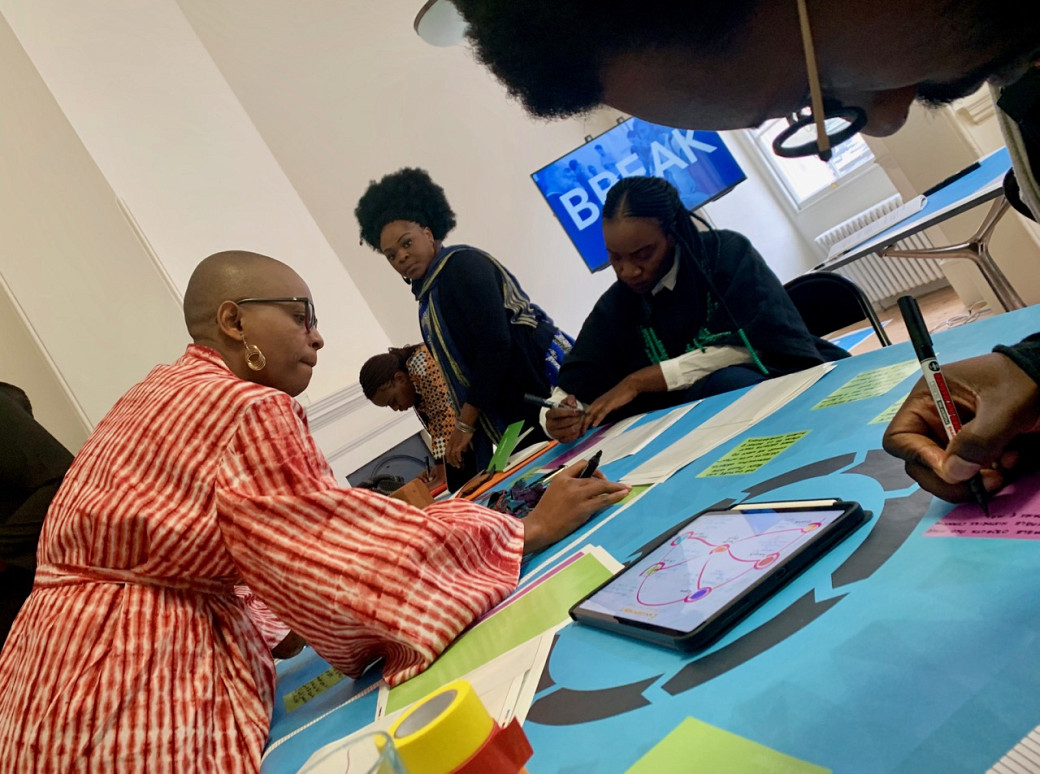
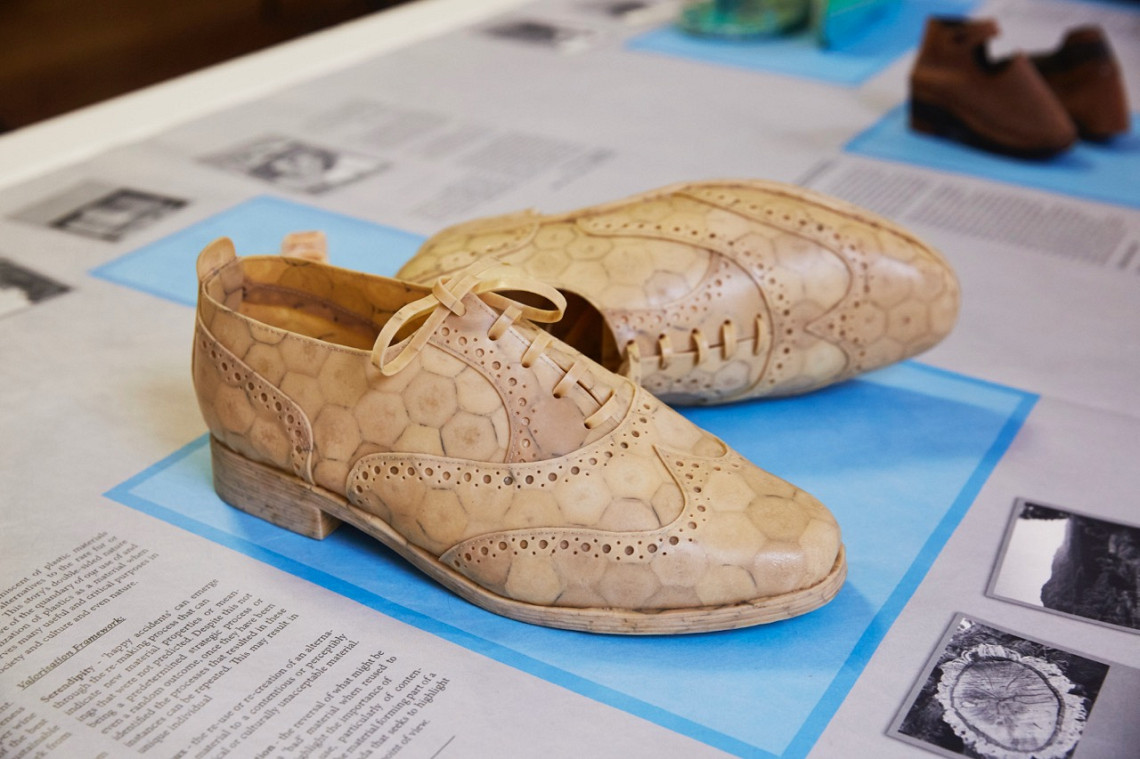
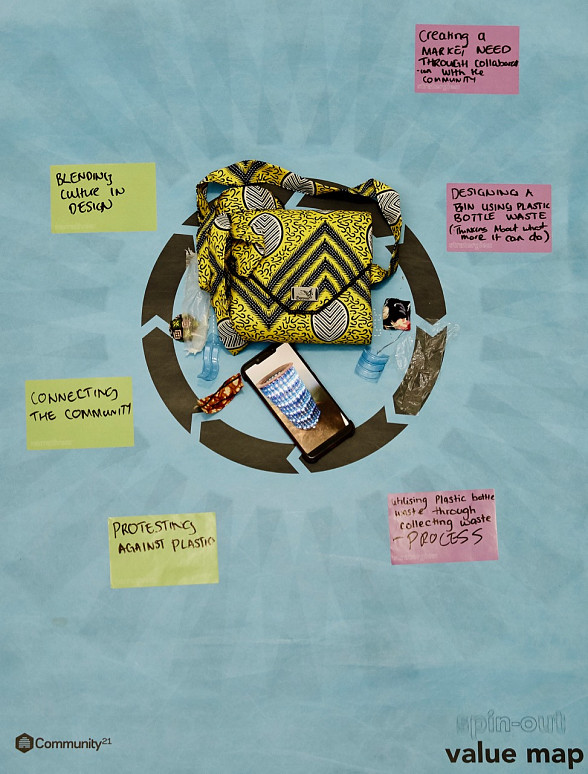
This workshop activity supports the collaborative identification of the 'spin-out' values from circular economies.
When we undertake circular systems that focus on material flows, 'spin-out' values are often generated which might include new educational, entrepreneurial or culture opportunities, social and / or environmental benefits that can positive impact on lives.
This reflective process supports identification of the many qualitative, cultural values that can emanate out from the more quantitative, engineered, re-commodification of material resources.
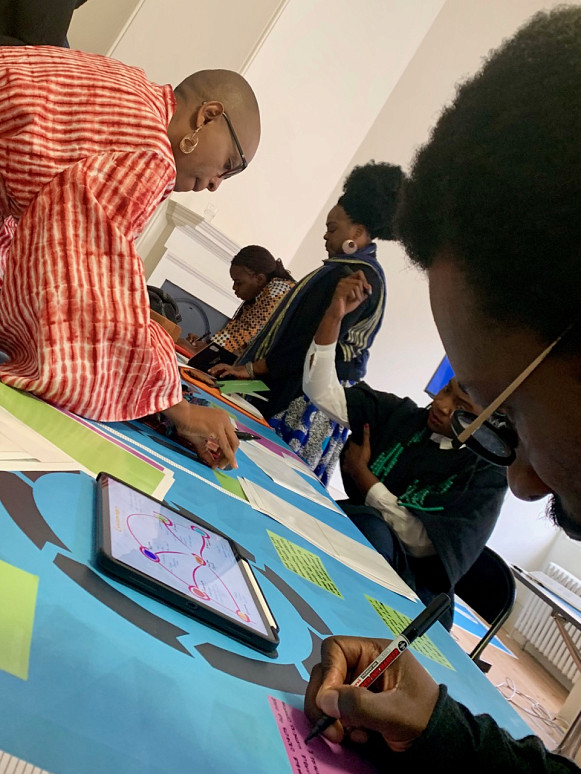
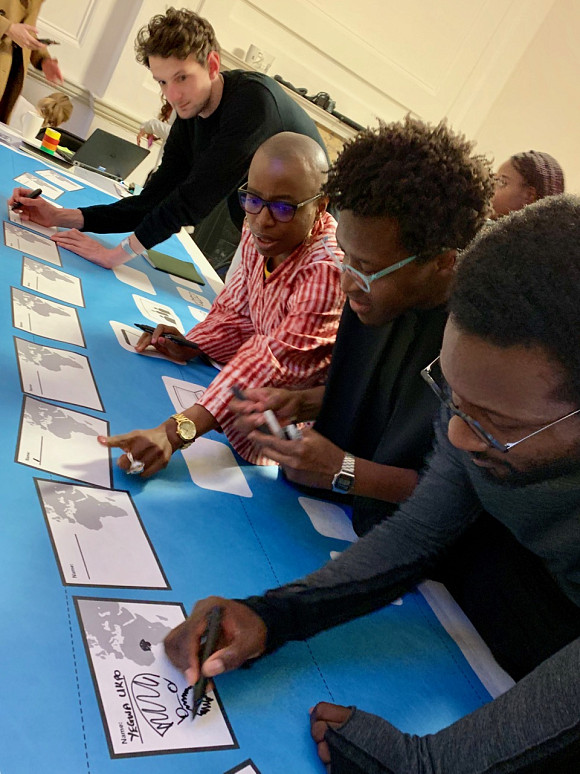
How do we support meaningful, remote communication across a continent?
What technologies and communication methods can support and maintain connectivity for a 'multi-local', distributed knowledge network?
In this workshop we map the various communication methods, tools and technologies that we may use as a means to devise effective remote community communications across different regions, countries and cultures.
